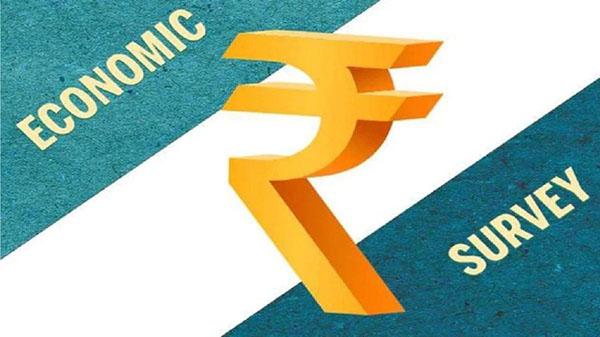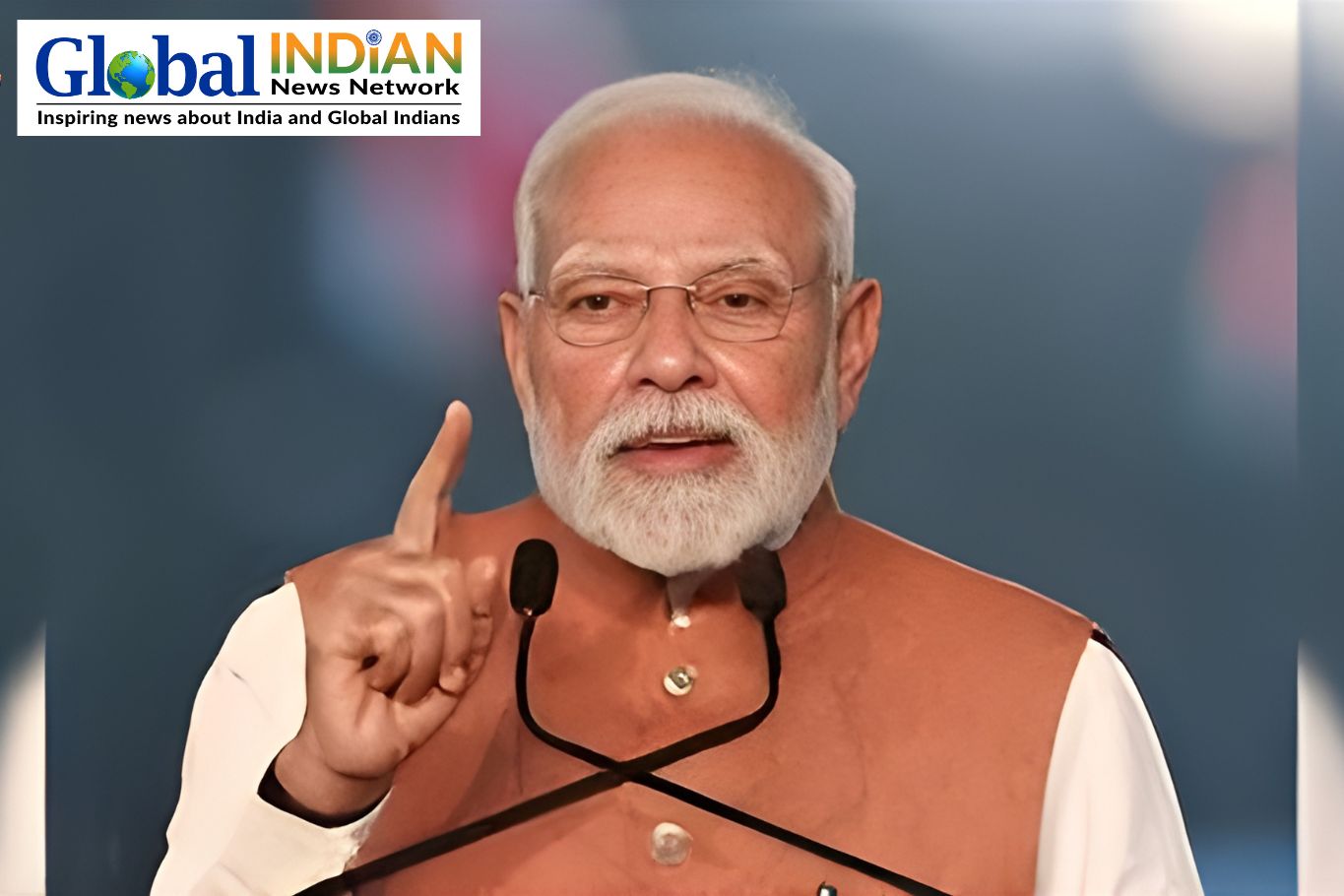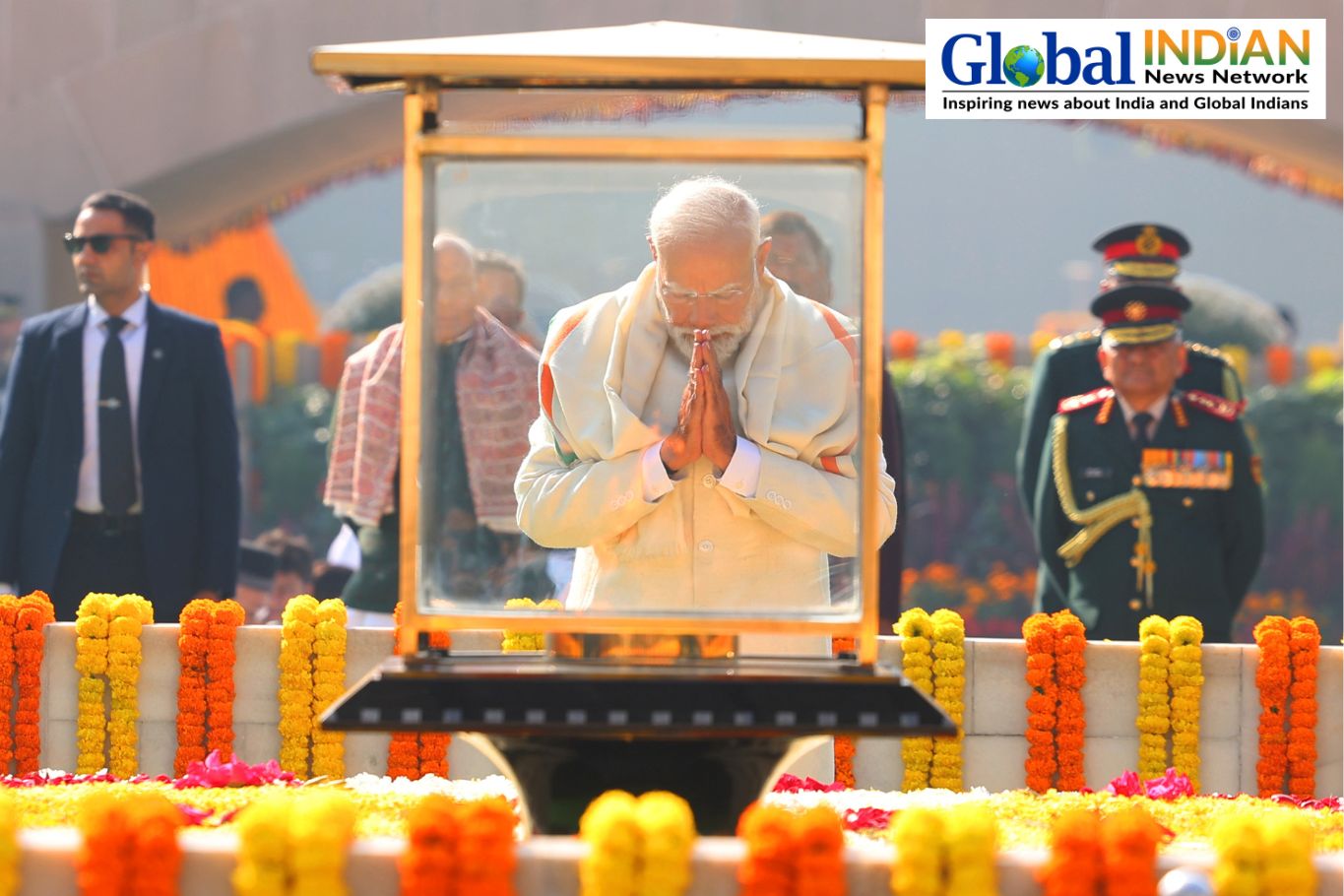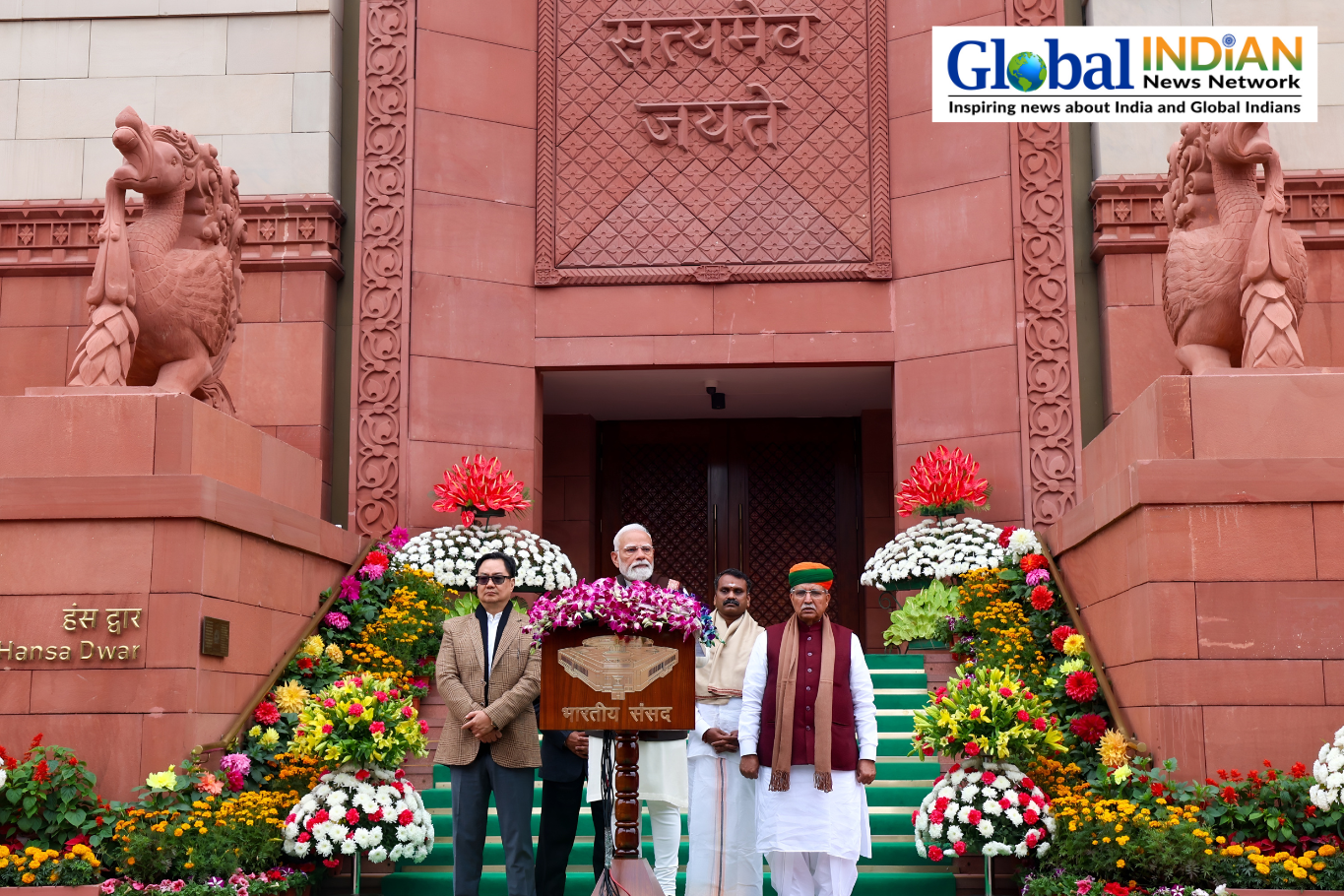 According to a top adviser to the Finance Ministry, India’s robust credit demand and declining crude oil prices might support the economy and put the South Asian nation on track for a 6.5% expansion this fiscal year.
According to a top adviser to the Finance Ministry, India’s robust credit demand and declining crude oil prices might support the economy and put the South Asian nation on track for a 6.5% expansion this fiscal year.
Chief Economic Adviser V Anantha Nageswaran said in an interview at his New Delhi office that these indications, together with an increase in building activity, may protect the economy from dangers associated with weather-related slowdowns and weaker global growth.
The economy likely increased 7% in the year that ended in March, according to projections gathered on Thursday by Bloomberg and expected to be released next week. India continues to be the world’s fastest-growing major economy, outperforming China and attracting foreign investment into stock markets, despite the possibility that increased borrowing rates have restrained some activity.
According to Nageswaran, who advises Finance Minister Nirmala Sitharaman and is the primary author of the government’s annual economic report card, “In the economic survey we said 6.5% is our baseline with the downside risks more than the upside risks and we maintained it in the April monthly economic report.”
Nageswaran noted that with the exception of monsoon and geopolitical concerns, India’s economy is “steady auto-pilot” and “ticks all the right boxes at this point.”
India’s GDP expanded in April as a result of stronger tax receipts and a rising services industry. However, the third-largest economy in Asia’s future was clouded by falling exports and imports.
Overall, the data is favorable for Nageswaran. According to him, trade is “not singing a different tune” since goods exports are declining due to sluggish global demand and imports are also declining as a result of lowering crude oil prices.
Positive indicators include the constant current account deficit and increasing foreign exchange reserves, he continued.











